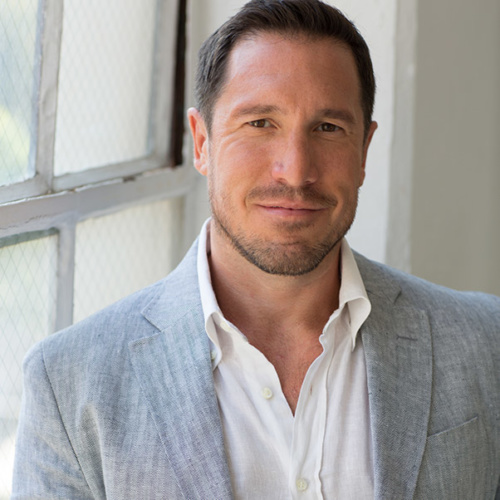The answer to this question depends on what kind of singing you’re talking about.
Obviously, to reach a professional level requires many years of consistent effort and practice. Anyone earning their living as a singer will tell you that it didn’t happen overnight. Most people wishing to become a full-time working vocalist get some formal training along the way.
Anyone can learn to sing, according to the experts we talked with.
Matt Farnsworth (Sara Bareilles, Carly Rae Jepsen), Justin Stoney (Tony Shalhoub, Kevin Bacon, and Founder of New York Vocal Coaching), and Kevin Richards (Rod Stewart, Bette Midler) all agree.
Anything worth doing is worth doing well. Learning to sing will challenge you personally, technically, and artistically. Anyone with even a tiny amount of natural ability can learn to sing better.










